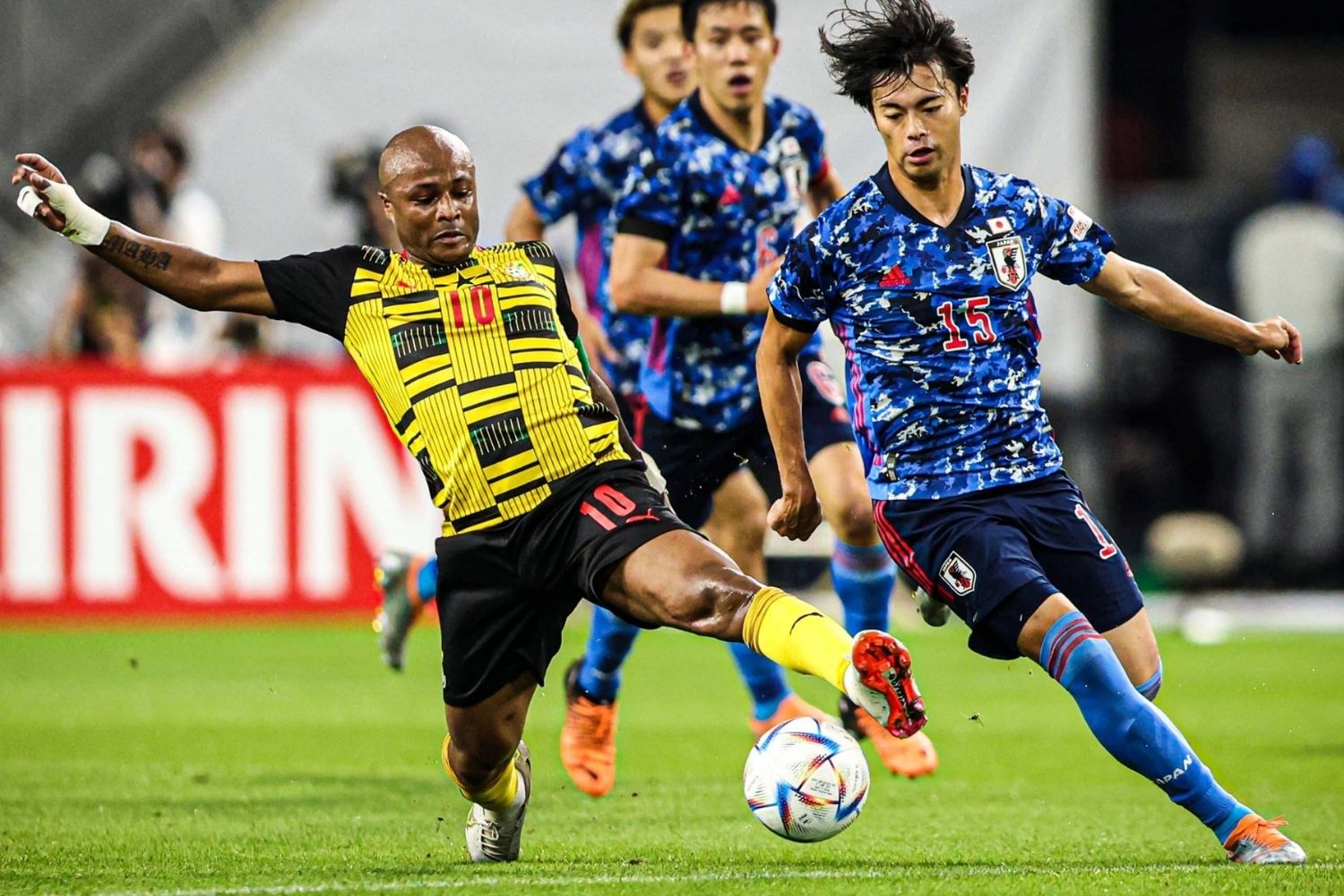
Ever wondered how Japan and Ghana stack up against each other? These two countries, though worlds apart, offer a fascinating comparison. Japan, an island nation in East Asia, boasts advanced technology, rich traditions, and a bustling economy. Ghana, located in West Africa, is known for its vibrant culture, historical significance, and natural resources. Both nations have unique attributes that make them stand out on the global stage. From cuisine and festivals to education and economy, each has its own story to tell. Curious about the differences and similarities between Japan and Ghana? Let's dive into 25 intriguing facts that highlight what makes each country special.
Geography and Landscape
Japan and Ghana are two countries with vastly different landscapes and geographical features. Let's explore some interesting facts about their geography.
- Japan is an archipelago consisting of 6,852 islands, with Honshu, Hokkaido, Kyushu, and Shikoku being the four largest.
- Ghana, located in West Africa, has a coastline along the Gulf of Guinea and is bordered by Côte d'Ivoire, Burkina Faso, and Togo.
- Japan's highest peak is Mount Fuji, standing at 3,776 meters (12,389 feet).
- Ghana's highest point is Mount Afadja, which reaches 885 meters (2,904 feet).
- Japan experiences frequent earthquakes due to its location on the Pacific Ring of Fire.
- Ghana has a tropical climate with two main seasons: the wet season and the dry season.
Culture and Traditions
Both countries have rich cultural heritages that reflect their histories and traditions. Here are some fascinating cultural facts.
- Japan is known for its traditional tea ceremonies, which emphasize harmony, respect, purity, and tranquility.
- In Ghana, the Kente cloth is a symbol of African heritage and is often worn during important ceremonies and celebrations.
- Japan celebrates Hanami, the tradition of viewing cherry blossoms, which symbolizes the fleeting nature of life.
- Ghana celebrates Homowo, a festival that marks the end of the hunger period and the beginning of the harvest season.
- Japanese cuisine includes sushi, sashimi, and ramen, which are popular worldwide.
- Ghanaian cuisine features dishes like jollof rice, fufu, and banku, which are staples in West African cuisine.
Economy and Industry
The economies of Japan and Ghana differ significantly in terms of structure and development. Here are some key economic facts.
- Japan has the third-largest economy in the world by nominal GDP.
- Ghana's economy is one of the fastest-growing in Africa, driven by gold, cocoa, and oil exports.
- Japan is a global leader in technology and automotive industries, with companies like Toyota, Sony, and Panasonic.
- Ghana is a major producer of cocoa beans, which are used to make chocolate.
- Japan's workforce is highly skilled, with a strong emphasis on education and innovation.
- Ghana's economy benefits from its natural resources, including gold, oil, and timber.
Education and Literacy
Education systems in Japan and Ghana have their own unique characteristics. Let's look at some educational facts.
- Japan has a literacy rate of nearly 100%, with a strong emphasis on early childhood education.
- Ghana has made significant strides in improving literacy rates, with current rates around 79%.
- Japanese students attend school for 240 days a year, one of the longest school years in the world.
- In Ghana, the school year is divided into three terms, with students attending school for about 180 days.
- Japan's education system includes rigorous entrance exams for high school and university admissions.
- Ghana has implemented free compulsory basic education to improve access to schooling for all children.
Sports and Recreation
Sports play an important role in the lives of people in both Japan and Ghana. Here are some interesting sports facts.
- Sumo wrestling is Japan's national sport, with a history dating back over 1,500 years.
Final Thoughts on Japan vs. Ghana
Japan and Ghana, while worlds apart, offer fascinating contrasts. Japan’s technological advancements and rich cultural heritage stand in stark contrast to Ghana’s vibrant traditions and natural beauty. Both countries have unique cuisines, with Japan’s sushi and ramen differing greatly from Ghana’s jollof rice and fufu. Education systems also vary, with Japan’s rigorous approach differing from Ghana’s more relaxed style. Economically, Japan’s industrial prowess contrasts with Ghana’s reliance on agriculture and mining. Despite these differences, both nations share a deep respect for their histories and traditions. Whether you’re drawn to Japan’s bustling cities or Ghana’s lush landscapes, both countries offer something special. Understanding these differences not only broadens our horizons but also fosters appreciation for the diverse world we live in. So, next time you think about travel or culture, consider the unique offerings of Japan and Ghana.
Was this page helpful?
Our commitment to delivering trustworthy and engaging content is at the heart of what we do. Each fact on our site is contributed by real users like you, bringing a wealth of diverse insights and information. To ensure the highest standards of accuracy and reliability, our dedicated editors meticulously review each submission. This process guarantees that the facts we share are not only fascinating but also credible. Trust in our commitment to quality and authenticity as you explore and learn with us.
